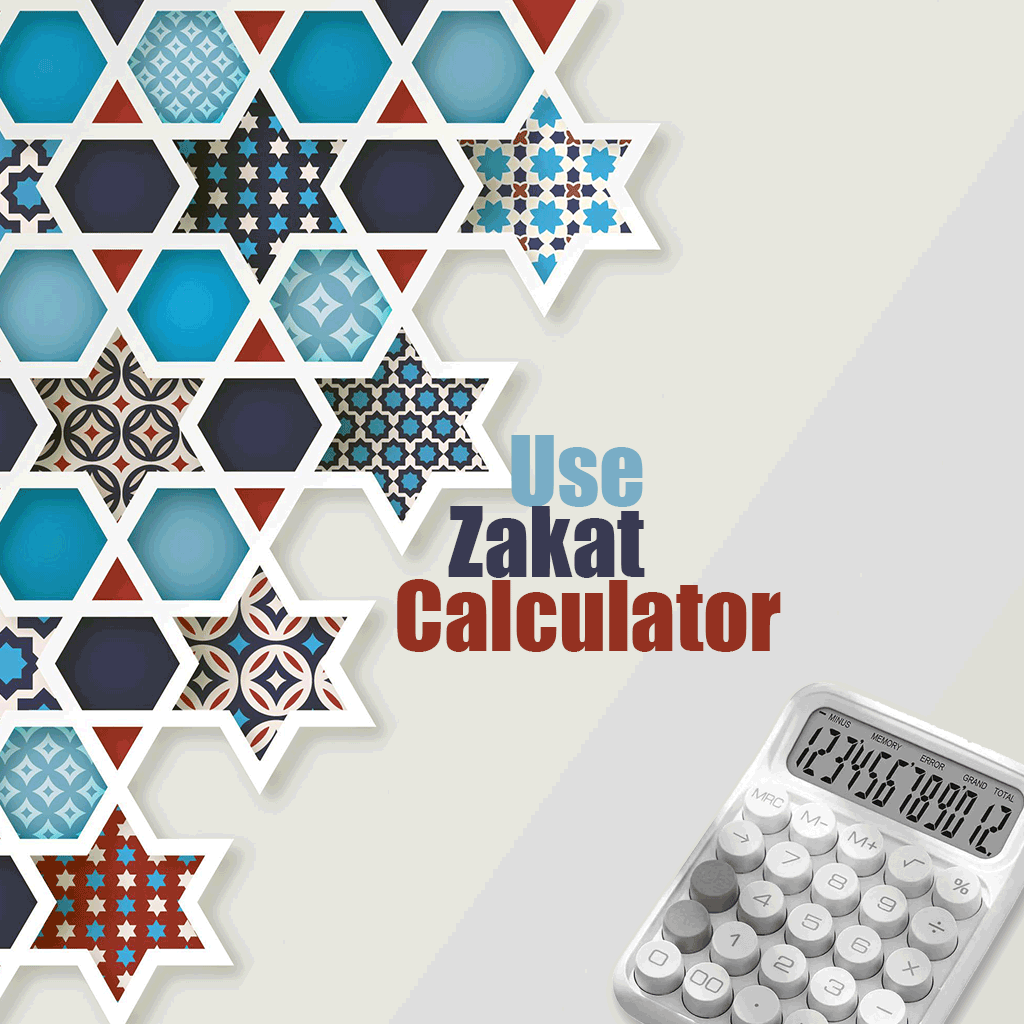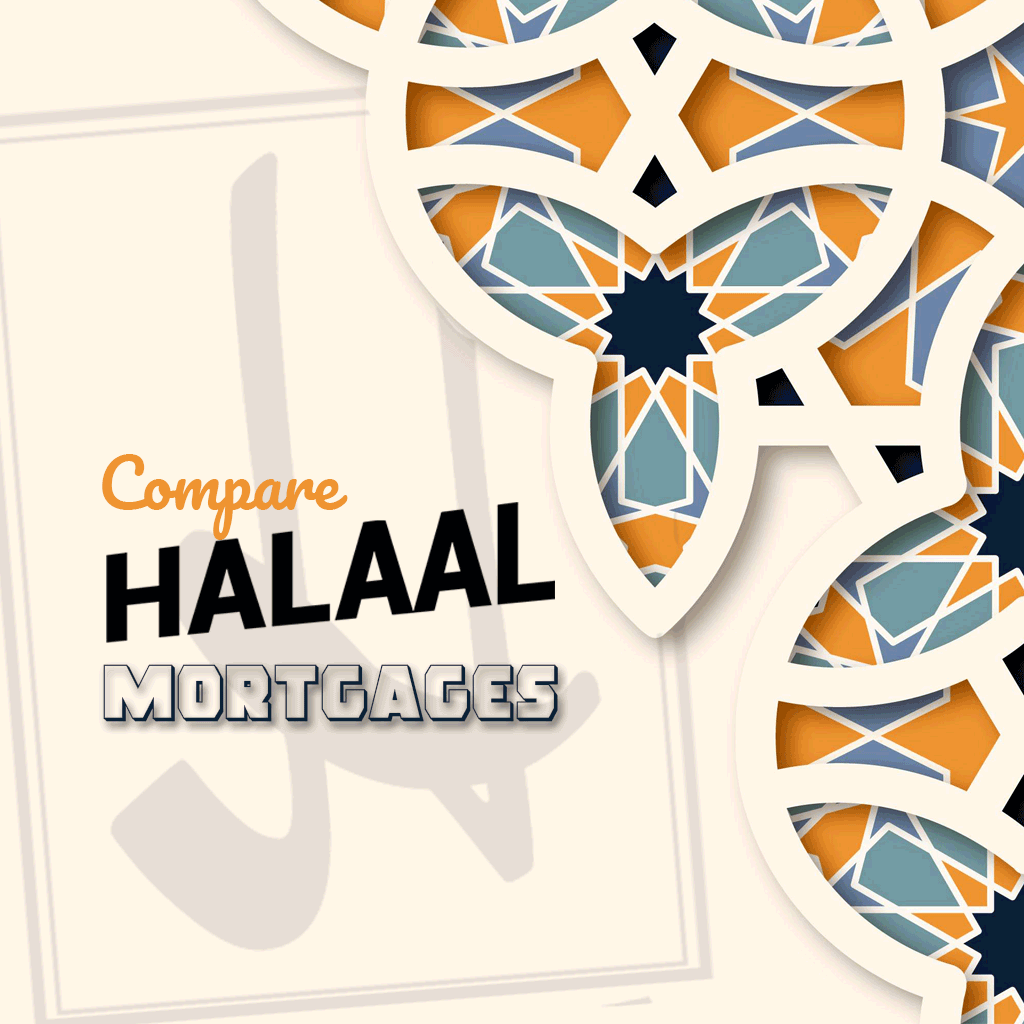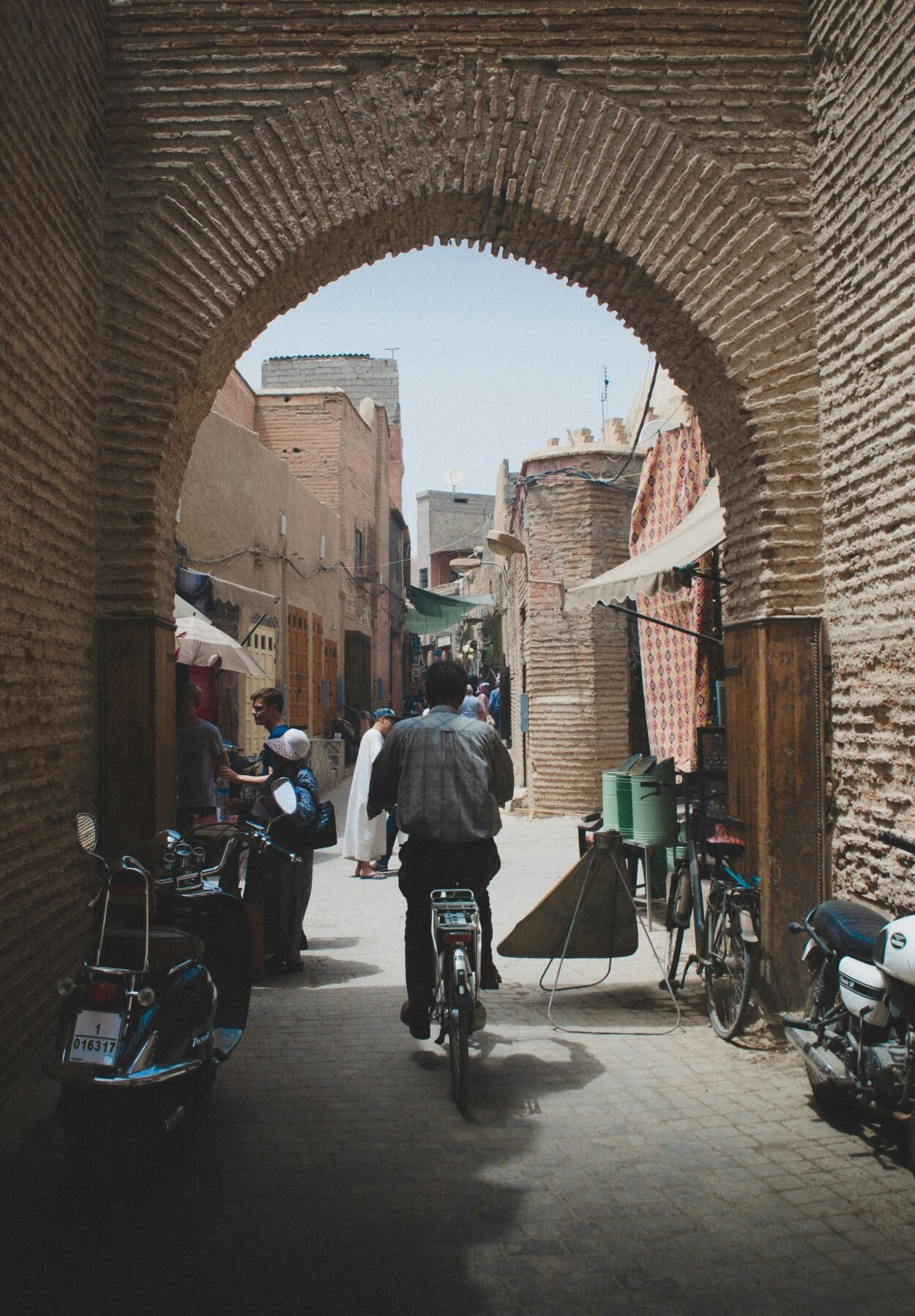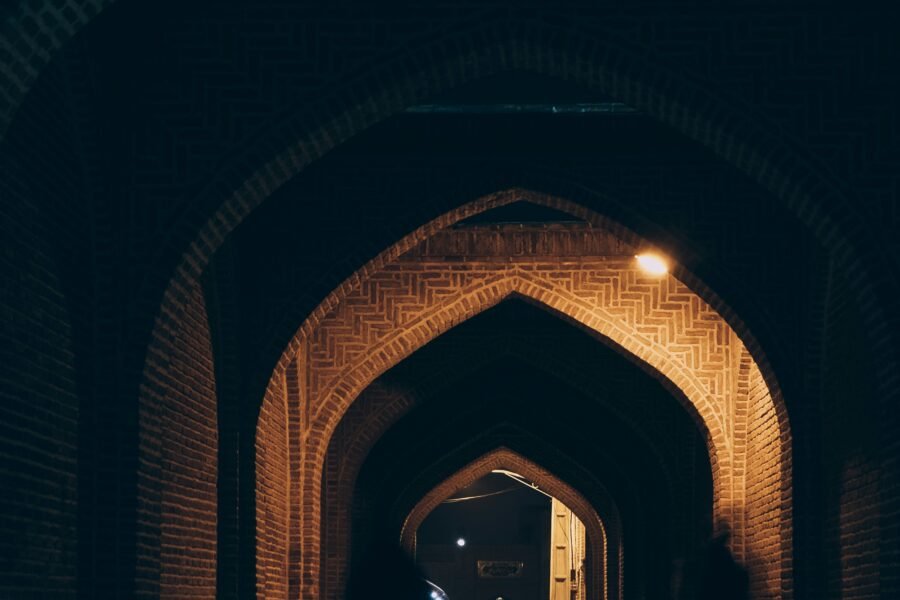Zakat is not given randomly. Allah has clearly defined who can receive it in the Qur’an. This ensures Zakat goes to those who truly need it and prevents misuse. Understanding the eligible recipients is essential if you want your Zakat to be accepted and effective.
Charity given to the poor is charity, but charity given to relatives is both charity and a means of maintaining family ties.
(Sahih al-Tirmidhi, 658)
This shows the wisdom of giving Zakat – not just to help someone, but to build bonds and spread compassion.
The 8 Categories of Zakat Recipients
Allah mentions in Surah At-Tawbah (9:60) that Zakat should be distributed among eight groups:
“Zakat is only for the poor and the needy, and those employed to collect it, and those whose hearts are to be reconciled, and to free captives, and for those in debt, and for the cause of Allah, and for the stranded traveller – an obligation from Allah. And Allah is All-Knowing, All-Wise.”
(Qur’an 9:60)
Let’s break these categories down.

1. The Poor (Al-Fuqara)
These are people who have little to no income and cannot meet their basic needs. They might have no job, no shelter, or no regular food supply.
2. The Needy (Al-Masakin)
Slightly better off than the poor, but still struggling. They may have some income, but it’s not enough for essentials like rent, food, or clothing.
Note: In many cases, the line between poor and needy is blurred. Both are eligible.
3. Zakat Administrators
Those employed to collect, manage, and distribute Zakat. This category allows fair compensation for trusted individuals or organisations handling Zakat work.
4. Those Whose Hearts Are to Be Reconciled
This includes new Muslims or those close to Islam who need support to strengthen their faith or trust in the Muslim community. It can also include non-Muslims if Zakat serves the broader cause of peaceful relations.
5. Freeing Captives (or Slaves)
Historically, this applied to slaves. In today’s context, many scholars extend this to supporting prisoners of conscience or those wrongfully imprisoned — particularly where funds are needed for legal aid or release.
6. People in Debt
People who have fallen into debt and genuinely cannot pay it off. This applies when:
- The debt was taken for a permissible reason
- The person has no way of repaying it without hardship
- It is not due to reckless spending
7. In the Cause of Allah (Fi Sabilillah)
This is a broad category. It includes legitimate causes that serve Islam and benefit the Muslim community — such as:
- Dawah work
- Islamic education
- Relief efforts in war zones or disasters
- Supporting those who cannot afford to study Islamic sciences
It does not include building mosques or general charity unless there is strong scholarly reasoning.
8. The Stranded Traveller (Ibn al-Sabil)
A person who is travelling and finds themselves stuck or without access to their money, even if they are wealthy back home. Zakat can help them return or complete their journey.



Who Cannot Receive Zakat?
To protect the purpose of Zakat, there are clear rules about who cannot receive it:
- Your immediate family: You cannot give Zakat to your spouse, parents, grandparents, children, or grandchildren. You are already obliged to support them.
- The wealthy: Anyone who owns wealth above the Nisab threshold does not qualify.
- Non-Muslims: In most cases, Zakat is only for Muslims. General charity (Sadaqah) can be given to non-Muslims.
- Descendants of the Prophet ﷺ: It is narrated that the family of the Prophet (peace be upon him) should not receive Zakat as a matter of dignity.
Real-World Examples
- A single mother on Universal Credit struggling to pay bills? Eligible.
- A refugee family with no income? Eligible.
- A student in debt with no job and no savings? Likely eligible.
- Your cousin who has savings and a steady job? Not eligible.
Giving Zakat Locally vs Globally
Both are allowed. Some scholars recommend prioritising your local community if genuine need exists. Others say global causes may be more urgent. The key is:
- Give where the need is real
- Give where the impact is strong
- Give where you trust the distribution
Zakat is not just money — it’s amanah (a trust). Treat it that way.
Who Can Receive Zakat FAQ’s
Yes — as long as she is not financially dependent on you and qualifies as poor or needy.
Yes. You can divide your Zakat among as many eligible people or causes as you like.
Yes — if the charity distributes it according to the Qur’anic categories. It must be ringfenced and not mixed with general donations.
Do your best to verify. If you’re still unsure, it’s safer to give to a trusted Zakat organisation.








Sign up